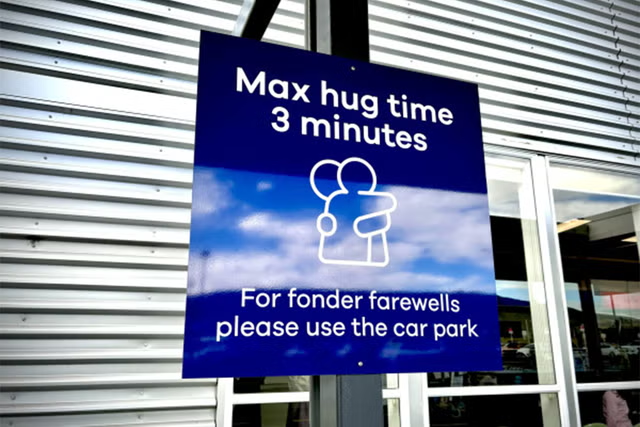Your support helps us to tell the story
Support NowThis election is still a dead heat, according to most polls. In a fight with such wafer-thin margins, we need reporters on the ground talking to the people Trump and Harris are courting. Your support allows us to keep sending journalists to the story.
The Independent is trusted by 27 million Americans from across the entire political spectrum every month. Unlike many other quality news outlets, we choose not to lock you out of our reporting and analysis with paywalls. But quality journalism must still be paid for.
Help us keep bring these critical stories to light. Your support makes all the difference.
The AA is backing a proposal to stop new drivers under 21 from carrying passengers their own age for six months after they pass their tests, sparking fresh debate about stricter rules for young drivers.
The suggested changes include giving new drivers six penalty points if they’re caught not wearing a seatbelt, which would result in a loss of their licence.
The AA also suggests introducing a “G” plate to mark them as “graduate” drivers, making it easier for police to identify those in this category. According to the AA, these changes could save around 58 lives a year and prevent 934 serious injuries.
Figures from the Department for Transport (DfT) show that last year, 290 people died and 4,669 were seriously injured in crashes involving drivers aged 17-24.
Jakob Pfaudler, the AA’s chief executive, says that similar systems in other countries have significantly cut road deaths and injuries. He also believes these changes could help bring down the high insurance costs that young drivers face, as fewer accidents would mean lower risk.
An AA survey shows some support for these measures, with 33 per cent of respondents backing passenger restrictions for new drivers. But so far, the government has held back, pointing to concerns about how these changes could affect job opportunities for young people.
We want to know what you think: should young drivers face tougher rules to make roads safer, even if it means giving up some freedoms? Would such restrictions offer a necessary layer of protection during the most vulnerable phase of their driving experience, or do they place an undue burden on young motorists?
Or perhaps you’d prefer a different approach, such as introducing the requirement to re-take tests after a few years or at a certain age?
Share your thoughts by adding them in the comments — we’ll highlight the most insightful ones as they come in.
All you have to do is sign up and register your details — then you can take part in the discussion. You can also sign up by clicking ‘log in’ on the top right-hand corner of the screen.
Disclaimer: The copyright of this article belongs to the original author. Reposting this article is solely for the purpose of information dissemination and does not constitute any investment advice. If there is any infringement, please contact us immediately. We will make corrections or deletions as necessary. Thank you.



